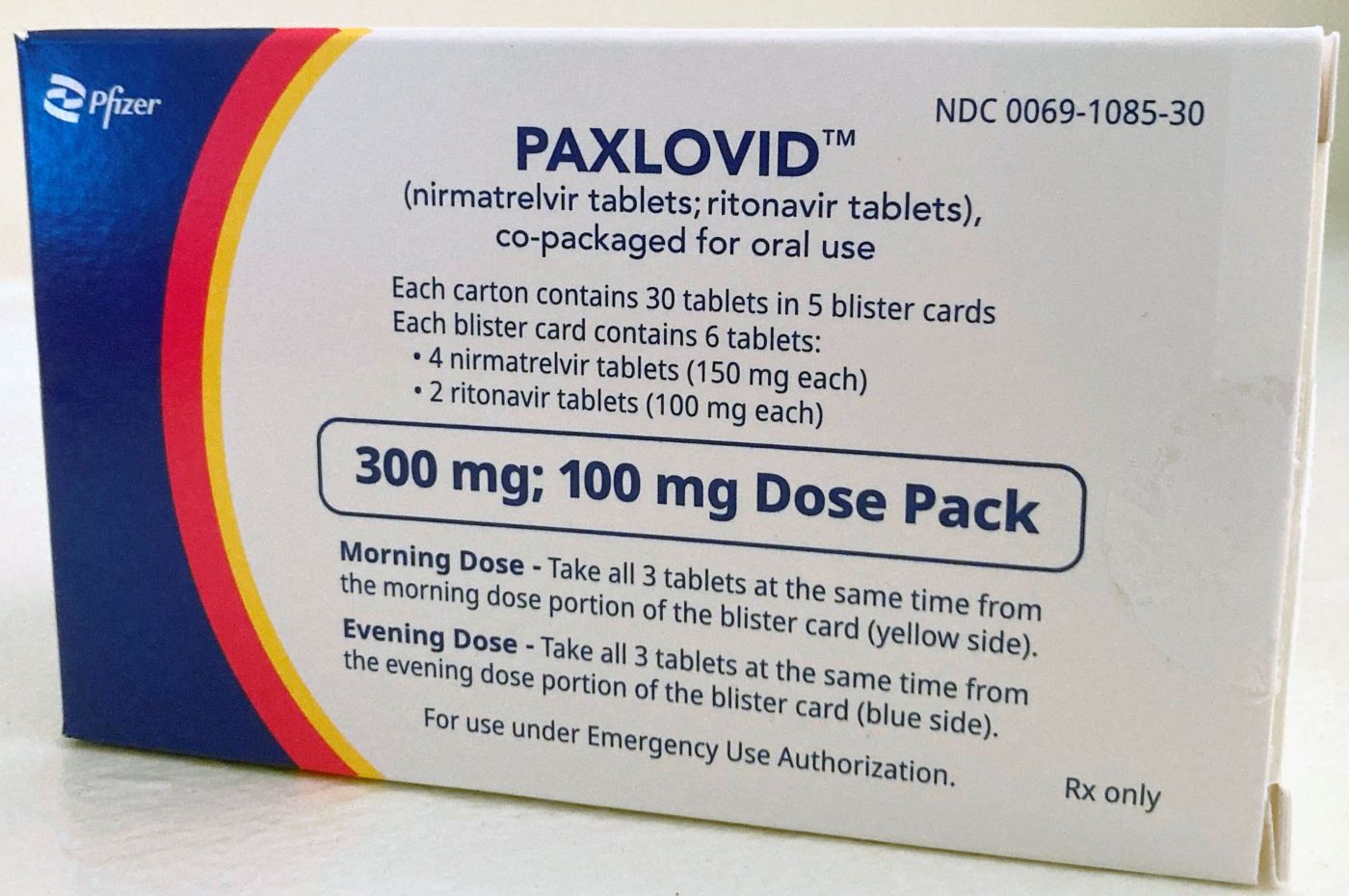
Anuzis: Affordable COVID treatments are essential
This winter, our country experienced a rise in hospitalizations and deaths due to COVID-19. Just as during the darkest days of the pandemic, America’s most vulnerable populations continue to bear the brunt of the virus’ effects and are at the highest risk of severe symptoms, hospitalization and even death.
Yet, cost barriers remain between patients and the treatments they may need to mitigate the effects of a severe COVID-19 diagnosis. Public and private healthcare entities must clear the way for broad access to lifesaving treatments that protect individuals from infectious diseases.
Unlike in the early days of the COVID-19 pandemic, we now have access to safe and effective tools to help keep citizens safe from severe symptoms and hospitalization. Antiviral therapies for COVID-19 have proven to be critical. Studies showed that one COVID-19 antiviral treatment decreased the risk of death by 47% and the risk of hospitalization by 24% over six months. For unvaccinated individuals who took the same treatment, the risk of hospitalization or death due to one COVID-19 variant was 81% less.
The federal government recognized that treatments for COVID-19 are “crucial for preventing severe illness from the virus.” The Centers for Medicare & Medicaid Services released guidance in November 2022 that encouraged Medicare plan sponsors to place at least one COVID-19 antiviral treatment “on a preferred or $0 cost-sharing tier.”
To remove hurdles to access treatment for more Americans, private health plan sponsors can build on CMS’ guidance and institute affordable copays for these lifesaving drugs.
We have seen the positive effect of access to these proven treatments across the country, including for seniors for whom the effect of COVID-19 was devastating.
By the end of 2022, nearly nine in 10 COVID-19 deaths were among people 65 and over. With risks associated with COVID-19 increasing with age — meaning that older adults are more likely to need hospitalization, intensive care or a ventilator to help them breathe — the strong efficacy of antiviral treatments among patients over 65 was essential in improving health outcomes for this population.
However, affordability barriers still inhibit the ability of at-risk populations to access these proven treatments. In 2022, 38% of Americans reported that they or a family member postponed medical treatment due to cost. When treating COVID-19, timing is critical — antiviral therapies need to be administered within five days of symptom onset to maintain maximum efficacy.
Patients must not be saddled with the burden of expensive copayments or other barriers to treatment access when considering whether to take a treatment that could keep them out of hospitals and off a ventilator.
Private insurers must remove affordability barriers by instituting low and affordable copays for COVID-19 antivirals to protect the most vulnerable against severe COVID-19.
Saul Anuzis is the president of the 60 Plus Association./InsideSources


